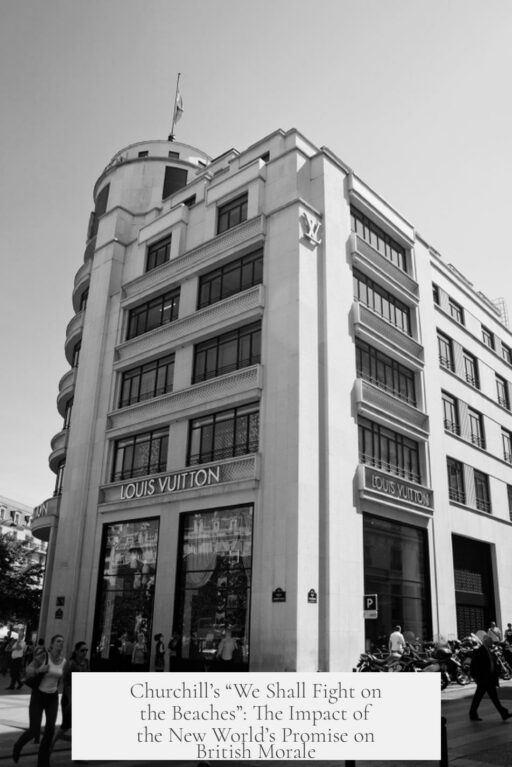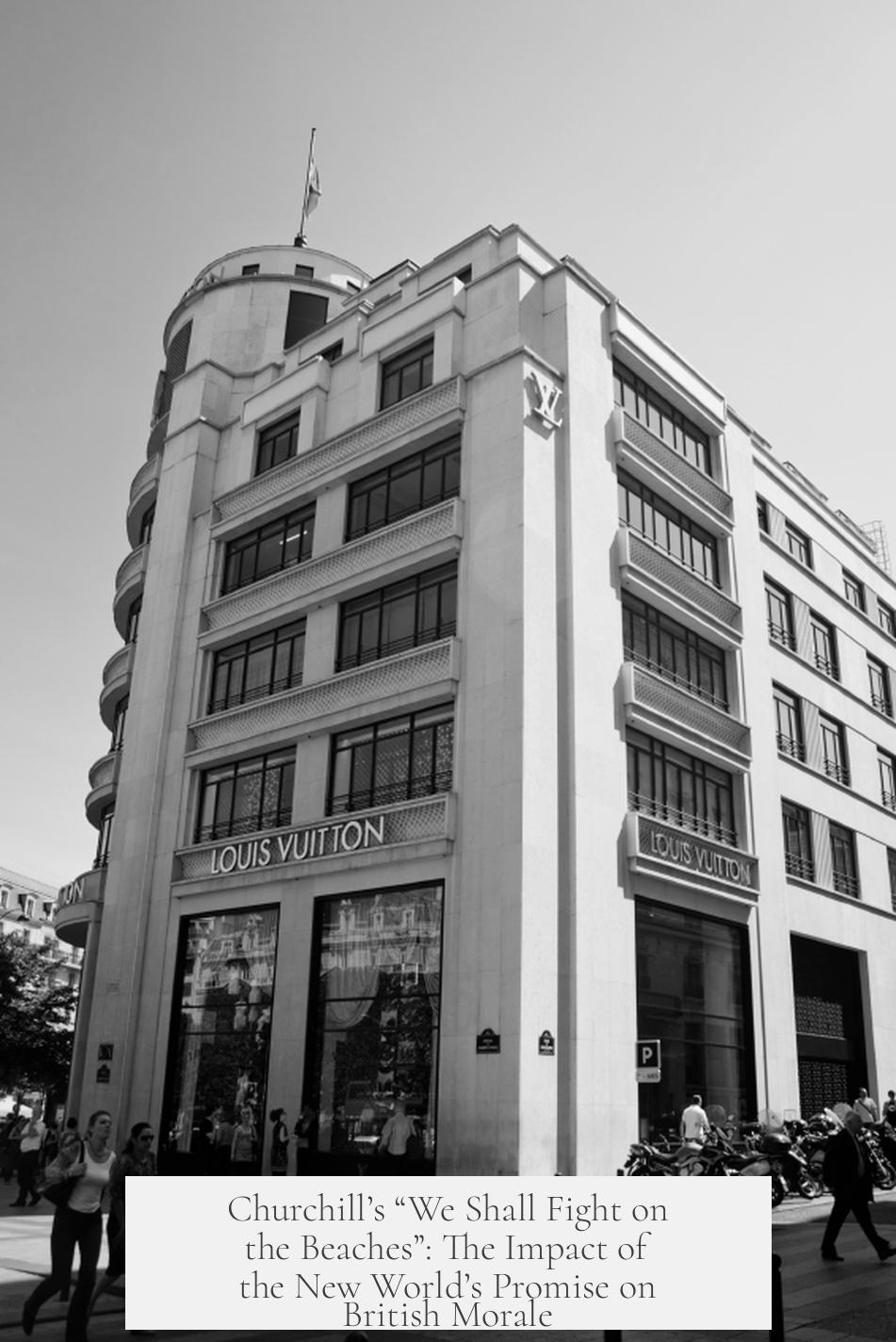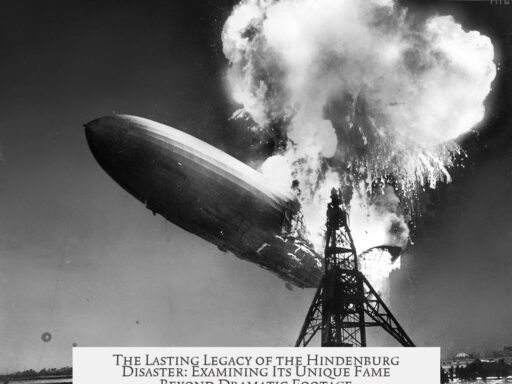Churchill’s “We shall fight on the beaches” speech ends with the New World coming to the rescue of the Old, but its impact on the British public was complex and mixed at the time. While today the speech is often viewed as a stirring call to resilience and unity, in 1940 reactions were divided. For some, it provided hope; for many others, it underscored the grim reality facing Britain.
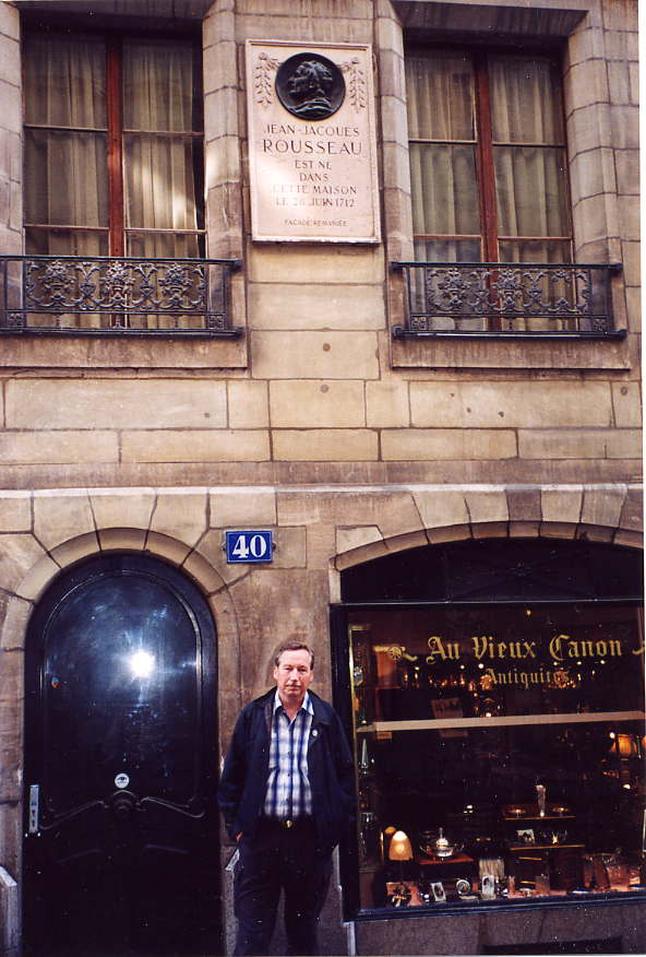
The reference to the “New World”—meaning the United States—was a deliberate message aimed at signaling to the American government that, if Britain fell, its remaining naval forces would pass to America. In return, the US was expected to assume Britain’s role in continuing the fight against Nazi Germany. This was a strategic and diplomatic move, not just a morale booster.
When Churchill delivered the speech to the House of Commons on June 4, 1940, the mood in Britain was tense. France had just fallen, and Britain faced the threat of invasion alone. Public and parliamentary reactions varied widely. Some listeners were moved to tears and found inspiration in Churchill’s defiance and determination.
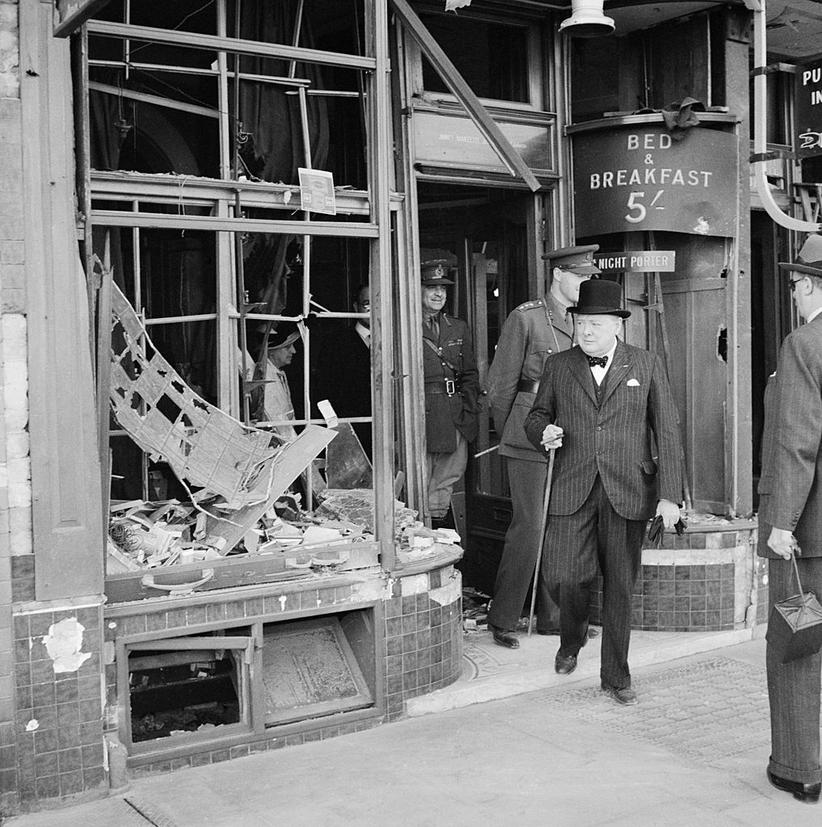
Yet many felt a profound sense of pessimism. The speech reflected the stark reality that Britain might be isolated against overwhelming odds. The collapse of continental resistance meant a long, uncertain struggle ahead, with the threat of defeat looming. For many, the “New World” coming to the rescue felt distant and uncertain, offering little immediate comfort.
Over time, as the war progressed and alliances solidified, public sentiment shifted. The eventual entry of the United States into the war and the successful Allied campaigns reframed the speech in the public memory. Re-recordings and retrospectives after victory highlighted the speech’s inspirational qualities rather than its original mood of fear and determination.
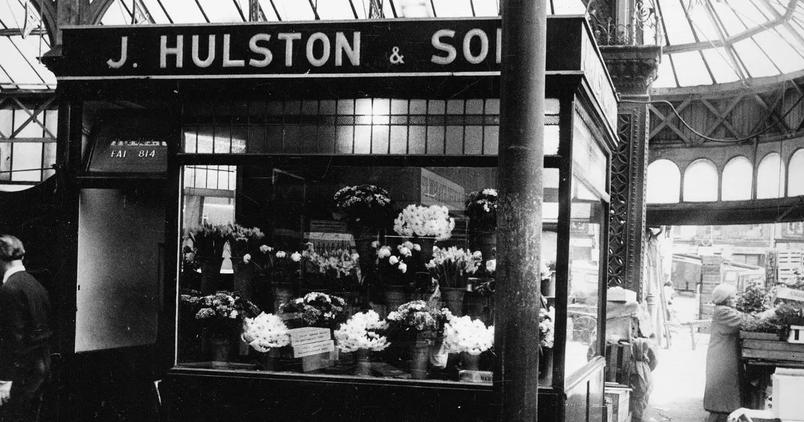
- The “New World” reference was primarily a diplomatic signal to the US government.
- The speech’s impact on British public morale in 1940 was mixed, with some inspired but many feeling despair.
- It reflected Britain’s isolation after France’s fall and the likelihood of a long conflict.
- Public perception of the speech became more positive only after Allied victory and US support became certain.
Churchill’s “We Shall Fight on the Beaches”: Was the New World Rescue a Motivational Idea for Britain?
Winston Churchill’s “We shall fight on the beaches” speech is often hailed as a bold, defiant declaration from a nation on the brink of collapse. But was the promise of the “New World” coming to the rescue truly a spark of motivation to the British people at that moment? The answer is a bit more complex than the rousing narrative we know today.
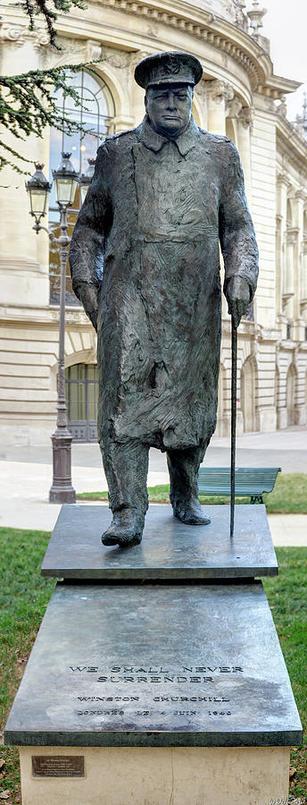
Let’s dive deep into the context, initial reactions, and how history reshuffled the meaning of this iconic speech.
The Not-So-Broadcast Speech: Where Did It Originate?
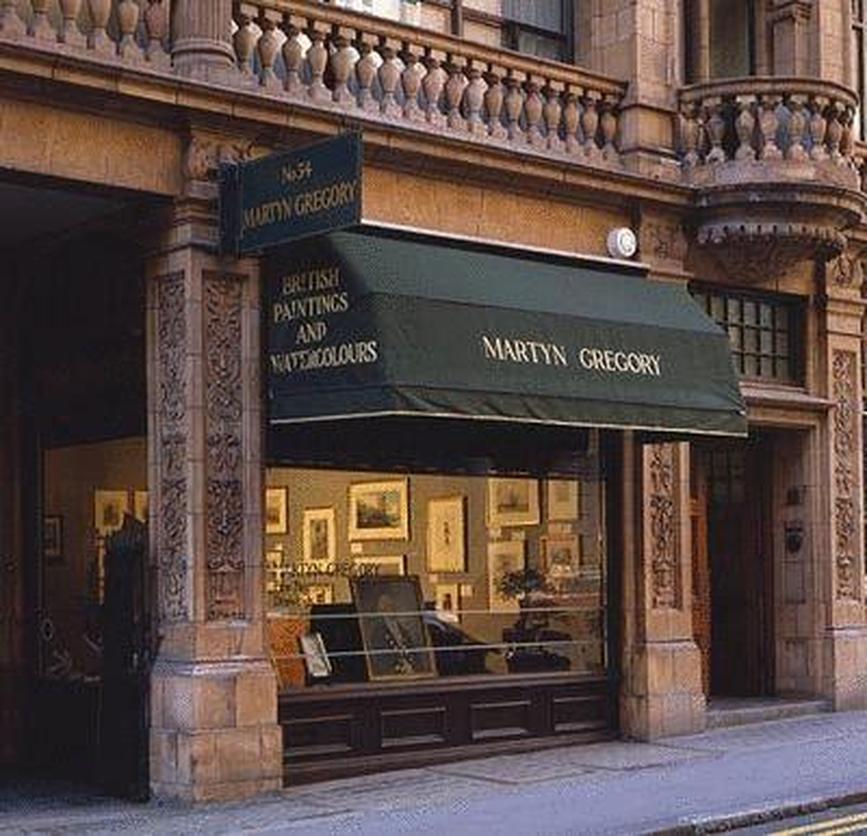
Contrary to popular belief, this legendary speech wasn’t delivered to the public through radio waves on June 4, 1940. Instead, Churchill gave it as a formidable address in the House of Commons, a political arena typically shielded from direct public broadcast. Only selected quotes got out that day via radio journalists, sparking snippets of inspiration but not the full impact.
Fun twist: Churchill later re-recorded the entire speech nine years after WWII ended for posterity. This recording helped cement its image as a beacon of hope, but at the time? Not everyone was feeling the warmth.
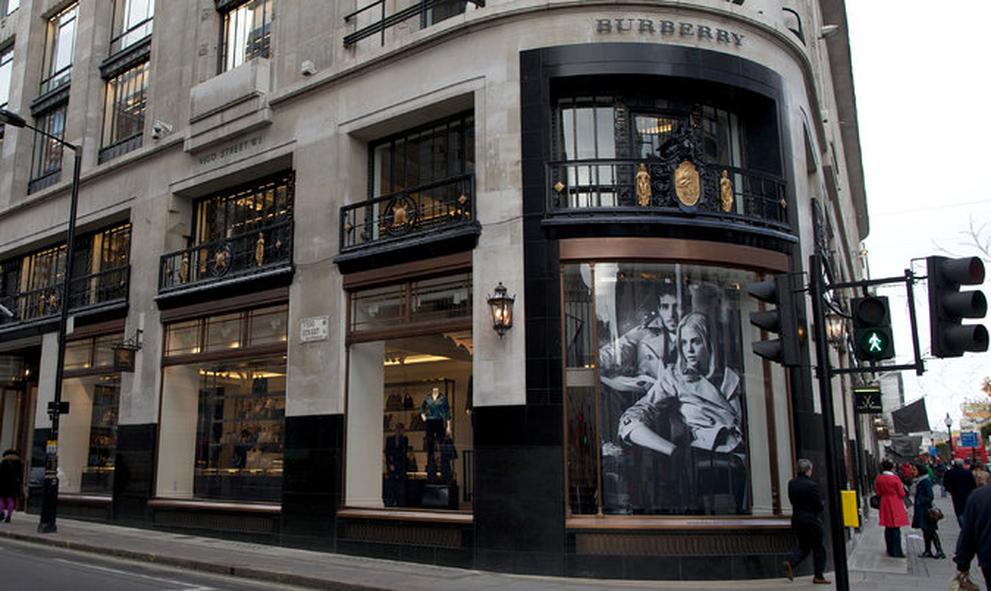
“The New World” — A Signal to America More Than to Britain
The speech’s closing reference to the “New World” wasn’t just poetic flair. This phrase served a strategic purpose. Churchill wanted to send a subtle message to the United States. Should Britain fall under Nazi control—and the situation looked grim—Britain would hand over its remaining navy to America. The U.S. had promised to pick up Britain’s fight and keep the resistance alive.
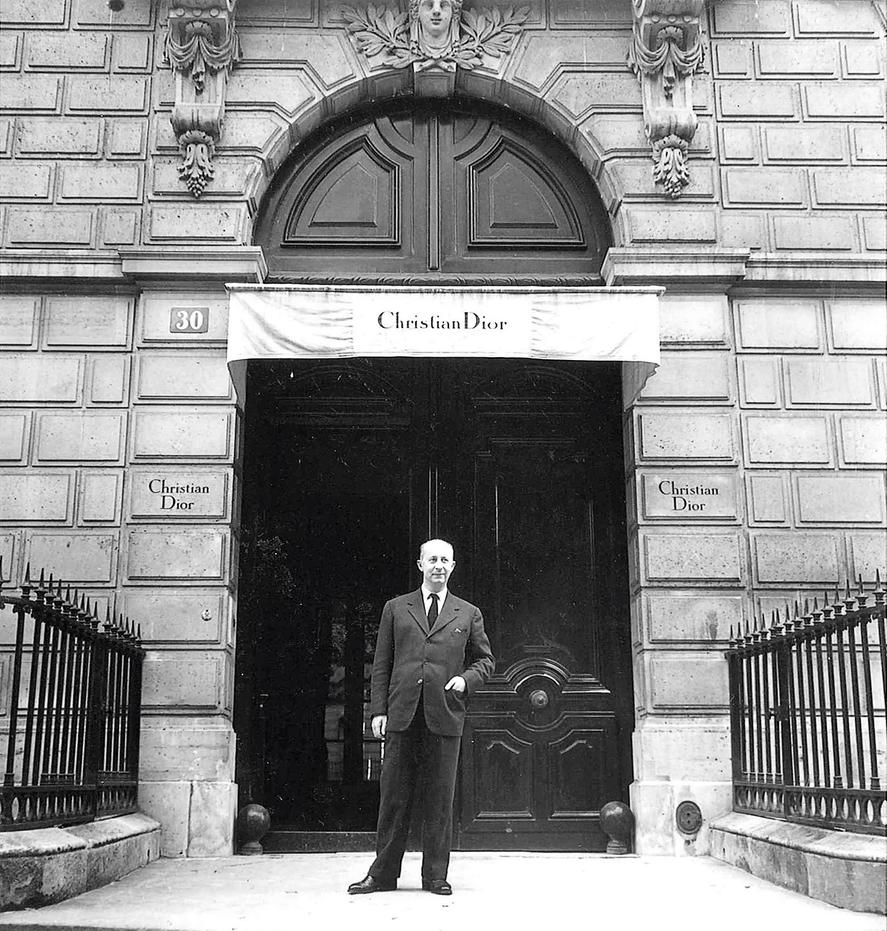
For the British public, however, this was a double-edged sword. On one hand, it reaffirmed they were not truly alone. On the other, it starkly suggested Britain might soon stand isolated, banking on others for salvation—a scenario darker than a blackout night in London.
Mixed Public Reactions: Inspiration & Despair Collide
The very same day, reactions splintered. Some Members of Parliament and citizens were moved to tears, finding in Churchill’s words a rallying cry to persevere through the darkest hours. The fiery pledge to “fight on the beaches, landing grounds, in the fields and streets” stirred a fierce resolve in parts of the audience.
But many others saw it as a gloomy forecast. France was essentially lost, British forces had just evacuated a harrowing Dunkirk retreat, and the future felt bleak. The speech didn’t sugarcoat reality—it exposed the tough truths that Britain was standing alone, and the war might stretch on longer and cost more than anyone wanted to imagine.
Did that feeling of potential isolation motivate people more, or did it simply amplify their fears? The answer varies depending on who you asked that day. Some felt roused by the call-to-arms spirit. Others sank deeper into worry about what lay ahead.
Recontextualized Glory: Post-War Views Change Everything
Fast forward nine years. The war was over. Britain had survived. The speech was re-recorded and broadcast anew. The words felt different now. Victory gave them a brighter glow. The “New World” wasn’t an ominous fallback anymore—it was a fulfilled alliance that indeed helped turn the tide.
In retrospect, the speech seems like a visionary call that united the British people around hope and defiance. At the moment? It bore the heavy weight of realism with a faint light flickering in the distance.
Why Was This Mixed Message Important?
Here’s the kicker: Churchill wasn’t trying to sugar-coat or simply inspire. He was playing a political and psychological chess game. The promise of American support told Britain’s leaders—and indirectly, the public—that help was on the horizon, but only if they held firm.
This **dual message**—both a warning and a beacon—allowed Churchill to manage expectations realistically while maintaining morale. It was a masterclass in leadership communication under extreme pressure.
What Can We Learn from This Now?
- Leadership Honesty Beats Blind Optimism: Churchill’s speech didn’t pretend the situation was rosy. Realism helped people brace for the struggle ahead.
- Strategic Messaging Matters: The “New World” was a diplomatic nudge to the U.S., showing how leadership speeches can serve multiple audiences simultaneously.
- Inspiration Can Be Complex: Motivation isn’t always upbeat or simple. Sometimes it’s about acknowledging fear while demanding courage.
Imagine being a British citizen hearing this speech in 1940. Would the promise of American aid feel like a lifeline or a sign of tedious waiting? For many, it was both.
In sum, Churchill’s famous ending referencing the New World was a carefully crafted portion meant to inspire resilience while signaling alliance strength. The British people’s actual response was mixed, balancing hope with heavy concern. History’s kindness has since wrapped those words in triumph, but the original moment was much grayer, tougher, yet real.
Did Churchill’s Message Spark Defiance or Doubt?
It sparked both. In the truth lies its power—and its enduring legacy. Motivation isn’t always a feel-good moment. Sometimes, it’s a firm handshake in a storm, promising that help will come, but only if everyone sticks to their post.
And that, dear readers, is why the “We shall fight on the beaches” speech still resonates—because real courage acknowledges the dark but refuses to surrender to it.
